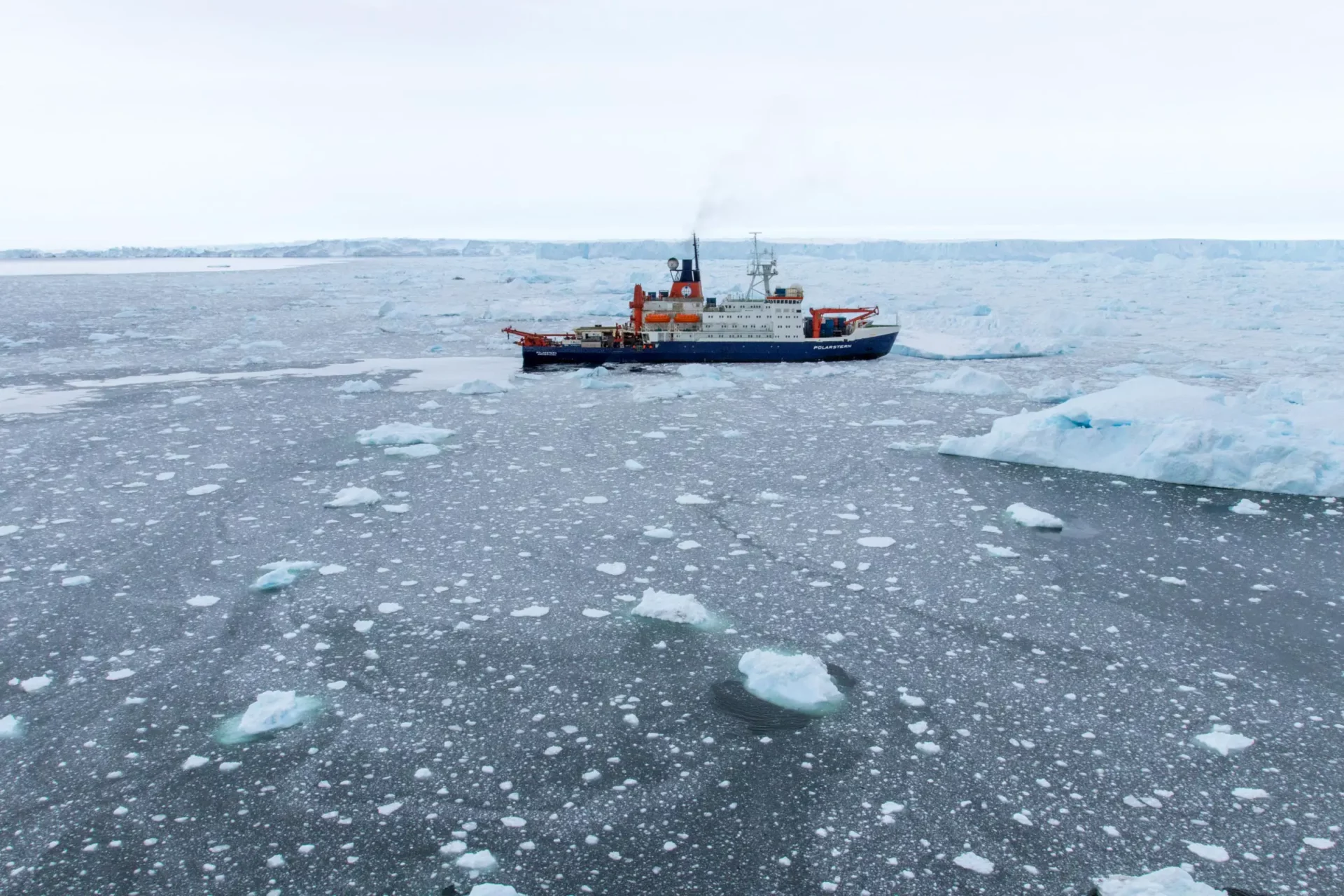Agriculture and climate change, UK (Commonwealth Union) – The Antarctic in known history has remained a place that many dread to visit, due to its extremely low temperatures, however the Antarctic was once a place that was as warm as Melbourne, millions of years back.
A new study has discovered that ice-sheet-wide collapse in West Antarctica is not unavoidable, as the pace of ice loss varies on the regional differences in atmosphere and ocean circulation.
A global team of researchers has put together satellite imagery and climate and ocean records to bring in the most detailed learning till now of how the West Antarctic Ice Sheet, that contains sufficient ice to elevate sea levels by 3.3 meters worldwide responds to climate change.
Researchers, from the University of Cambridge, the University of Edinburgh and the University of Washington, observed that the pace and extent of ice destabilization along the West Antarctica coast is linked to differences in regional climate.
The findings, demonstrate that while the West Antarctic Ice Sheet continues retreating, the pace of retreat reduced across a vulnerable region of the coastline between the years of 2003 and 2015. This reduction was driven by alterations in surrounding ocean temperature, which were in turn caused by changes in offshore wind conditions.
The marine-based West Antarctic Ice Sheet, where since the early 1990s, researchers have noted a sudden increase in ice melting, retreat and speed in this area, that is partially linked to human-induced climate change in the past century.
Other researchers on prior occasions have suggested that this type of response across a low-lying landmass could be the start of an irreversible, ice-sheet-wide collapse known as a marine ice sheet instability, that will carry on, independently of any further climatic influence.
“The idea that once a marine-based ice sheet passes a certain tipping point it will cause a runaway response has been widely reported,” said Dr Frazer Christie from the University of Cambridge, Scott Polar Research Institute, the lead author of the paper. “Despite this, questions remain about the extent to which ongoing changes in climate still regulate ice losses along the entire West Antarctic coastline.”
With observations obtained by an array of satellites, Christie and researchers discovered noticeable regional variations in how the West Antarctic Ice Sheet has evolved since 2003 as a result of climate change, with the pace of retreat in the Amundsen Sea Sector having slowed significantly in contrast to the neighboring and much accelerated Bellingshausen Sea Sector.
The analysis of climate and ocean records, had the scientists associate these regional differences to alterations in the strength and direction of offshore surface winds.
In this area of Antarctica, the prevailing winds originated from the west. As these westerly winds increased intensity, they stirred up warmer, saltier water from deep within the ocean, reaching the Antarctic coastline and elevating the ice melting rate.
“But between 2003 and 2015 offshore of the Amundsen Sea Sector, the intensity of the prevailing westerly winds reduced,” said Christie. “This meant that the deeper, warmer water couldn’t intrude, and we saw a notable change in corresponding glacier behaviour along the region: a clear reduction in the rate of melt and ice-mass loss.”
“This study reinforces the urgent requirement to clarify how rapidly the most vulnerable regions of the West Antarctic Ice Sheet such as Thwaites Glacier will retreat, with global consequences for sea level rise,” explained Bingham. “New data that we are currently acquiring from a traverse across Thwaites Glacier this January will directly address this goal.” “There is an intimate link between the climate and how the ice is behaving,” said Christie. “We have the ability to mitigate West Antarctic ice losses – if we curb carbon emissions.”








